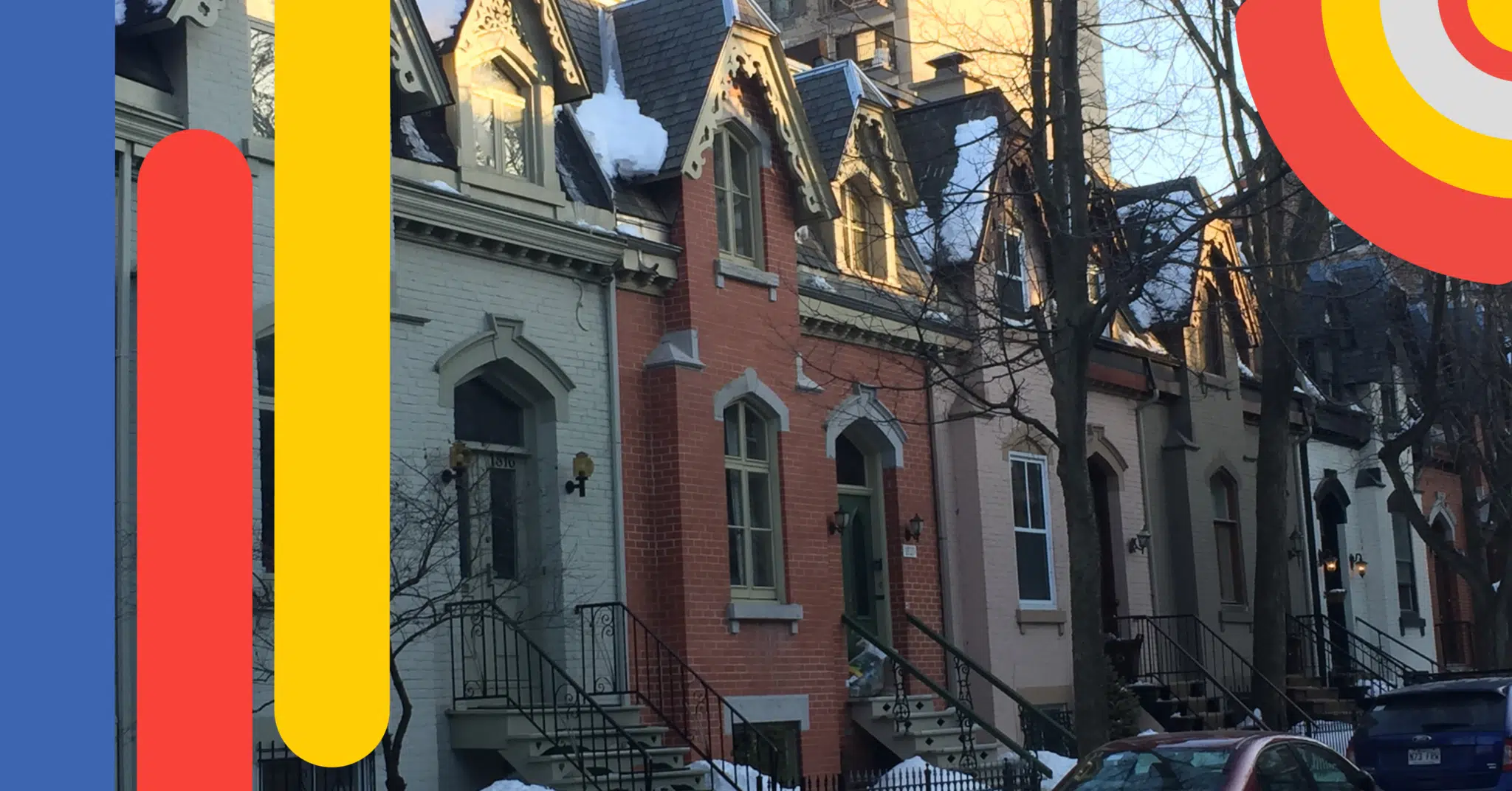Are High Interest Rates Historically The Norm? Yes, And Here's What To Know

Table of contents
Canada experienced an extraordinary phase of historically low interest rates in the past decade. This anomaly ended in 2022 as interest rates began to rise in response to high inflation due to excess demand in the economy and rising food and energy prices.
This post will shed light on the historical norms of interest rates in Canada and help prepare you for the return to a more standard interest rate environment.
Key Takeaways
- Unique economic circumstances and challenges influenced low interest rates from 2009 to 2020.
- Historically, interest rates in Canada have shown a cyclical pattern, with higher rates being the norm in the past.
- Recently, higher interest rates are returning to what is considered normal, driven by inflation and economic factors.
We’re curious…
Understanding Current Canadian Mortgage Interest Rates
Economic factors have pressured the Bank of Canada (BoC) to keep interest rates higher for longer to bring inflation under control. Inflation is one of the key driving factors that influence monetary policy decisions in Canada.
Recently, inflation numbers have stabilized; however, they are not decreasing at the rate expected when the BoC began its rate-tightening cycle. Mortgage rates have been moving upward since 2022, and borrowers are experiencing much higher borrowing and renewal costs compared to the past 15 years.
The most significant risk homeowners face today is the upcoming payment shock that roughly 2.2 million Canadians will face at renewal due to surging interest rates. After experiencing a period of atypically low Interest rates, increases in the BoC policy rate and rising bond yields have led to interest rates reaching their highest levels since early 2009.
Historical Analysis: A Comparative Study
The era of low interest rates Canadians witnessed from 2009 to 2022 was an extraordinary response to the global financial crisis in 2008 and subsequent economic challenges. This period in time was an exception and not the norm.
Historically, interest rates have exhibited a cyclical pattern with periods of both lows and highs. For instance, mortgage rates in Canada peaked in the 80s, hitting all-time highs above 20% before falling to the low double digits, where they remained for the following decade.
Following this period of double-digit rates, the early 90s saw rates stabilize, averaging around 8% until 2009. In 2009, rates hit all-time lows in the aftermath of the Great Recession of 2008, averaging in the 4% range until 2020.
During the pandemic, interest rates hit all-time historic lows, averaging in the 2% range, as job losses and uncertainty affected the economic outlook.
Today, rates have steadily increased back to the average rates Canadians experienced in the 90s and early 2000s leading up to the Great Recession.
If we look further back at historical interest rates, the ‘50s, ’60s and ’70s support the notion that rates from the ’90s to the Great Recession of 2008 were more the norm that we should expect in Canada.
Unravelling the Uniqueness: Factors Behind the Deviation
The low interest rate era from 2009 to 2022 was mainly due to the aggressive monetary policy implemented by the BoC. The aim was to stimulate economic growth following the global financial crisis in 2008. As a result, interest rates were kept at a historically low level to encourage borrowing and spending.
In 2020, the global pandemic disrupted global and Canadian economies, affecting every sector as much of the world shut down. As a response, the BoC lowered interest rates to support the economy and financial systems. This period of historically low interest rates was required to help consumers and businesses during this difficult time.
Interest Rates Impact on Borrowers and the Housing Market
The era of low-interest rates significantly impacted borrowing and the housing market. Lower interest rates stimulated borrowing and led to a booming housing market. Low interest rates in 2020 and 2021 drove home price growth and are, in part, a contributing factor that led to the housing affordability crisis that Canada is grappling with today.
As we transition into a new era, the possibility of higher for longer interest rates is a concern, coupled with the higher cost of homes amid an affordability crisis. Prospective homeowners may have difficulty entering the market as homes remain unaffordable in many areas, and qualifying for a mortgage while being stress-tested means you must make an above-average salary or have significant savings to use toward a downpayment to enter the housing market.
Many homeowners will face much higher interest rates at renewal than they currently manage. With an estimated 2.2 million mortgages coming up for renewal by 2026, these homeowners will likely face interest rate shock. Since 5-year mortgage terms are the most common, many mortgages were obtained when mortgage rates were at record lows. These homeowners will likely need to renew at interest rates that are triple or more than their current rate.
Expert Opinions and Forecasts Into 2025
As we look ahead to 2025, experts have differing opinions on what they predict will happen with interest rates. Early predictions from some of the Big 6 Banks suggest we could see rates come down in 2025 by as much as another 75 basis points.
Frequently Asked Questions
What causes interest rates to rise?
Many economic factors influence BoC policy interest rate decisions. Inflation is the primary driver influencing Canada’s monetary policy. Still, employment, economic growth, the exchange rate for the USD/CAD currency pair and global trade economics also influence their decisions to raise or lower rates.
What impact does the rise in interest rates have on the average Canadian?
Rising interest rates can lead to immediate increases in monthly payments on loans and mortgages for those that have variable products. For those with fixed mortgages, rising interest rates will be felt at renewal if the rates are higher than their previous rate.
Rising interest rates reduce borrowing capacity for those looking to get a mortgage or loan, meaning you qualify to borrow less than if interest rates were lower.
How can I prepare for rising interest rates?
Individuals can prepare for rising interest rates by assessing their debt obligations, building a financial buffer, considering refinancing options, cutting discretionary spending to build up savings and incorporating higher rates into their long-term financial planning.
Final Thoughts
While low interest rates in Canada from 2009 to 2022 were an exception, it’s essential to recognize that historically, interest rates are typically much higher than what we’ve been conditioned to consider the norm.
By understanding the cyclical nature of interest rates and preparing for potential shifts, you can prepare for a return to an interest rate environment more aligned with historical standards.
It’s advisable to seek professional guidance to make the most of your hard-earned money. As you consider purchasing a home, search for the best rate on your mortgage renewal, or assess your ability to refinance your high-interest debts, reach out to nesto’s knowledgeable and licensed mortgage advisors to help you with expert advice.
Ready to get started?
In just a few clicks, you can see our current rates. Then apply for your mortgage online in minutes!















